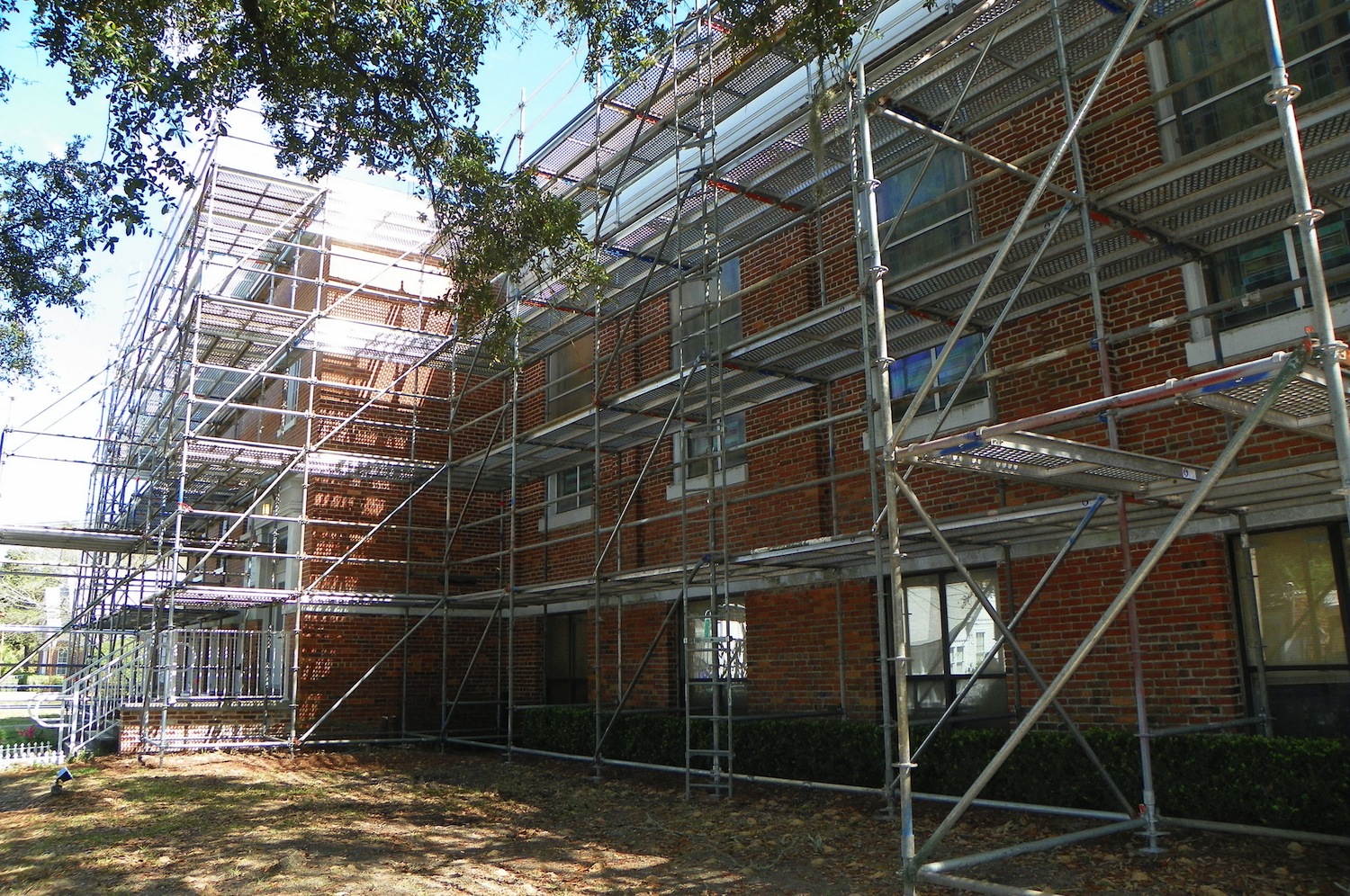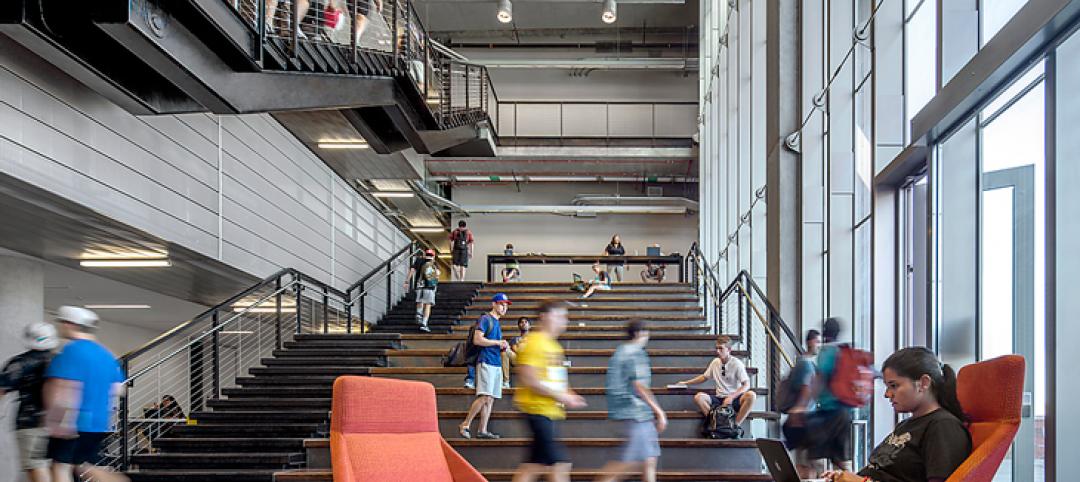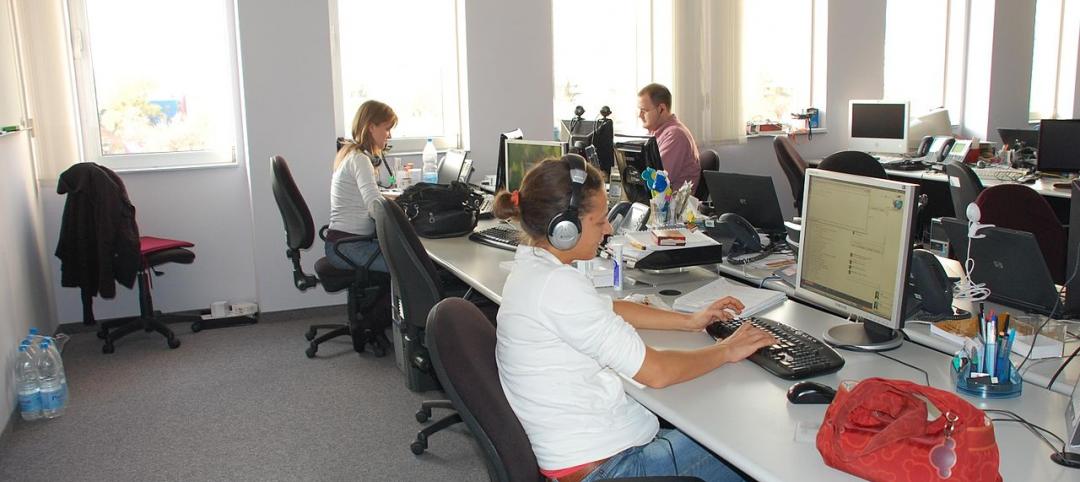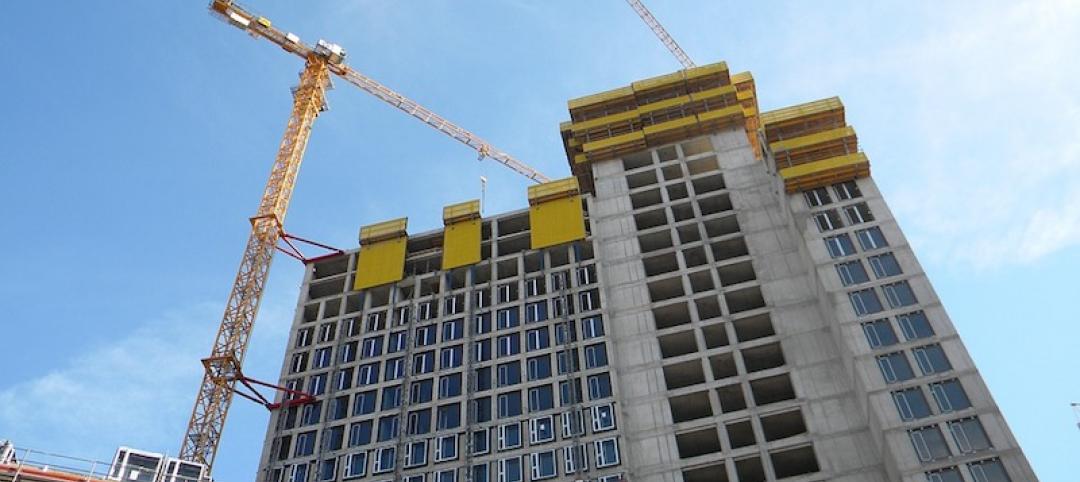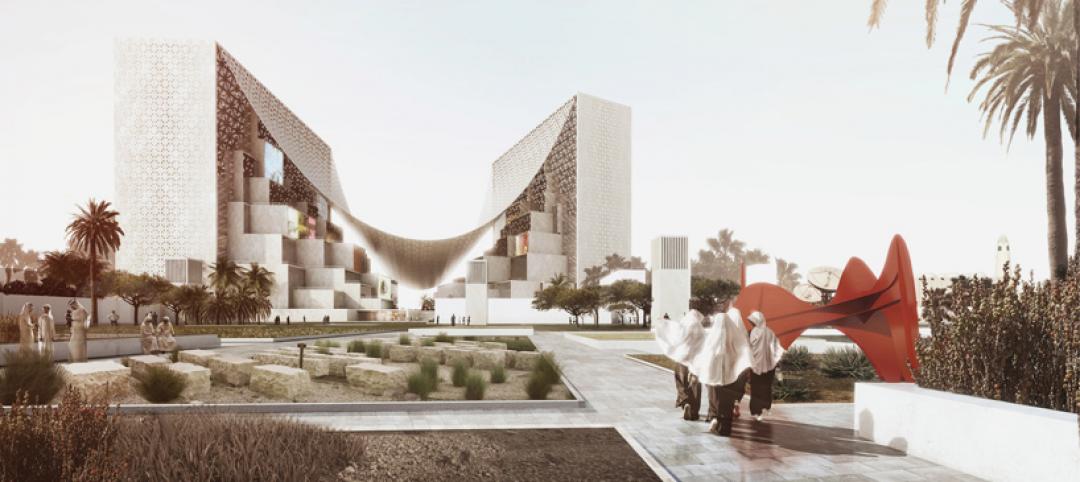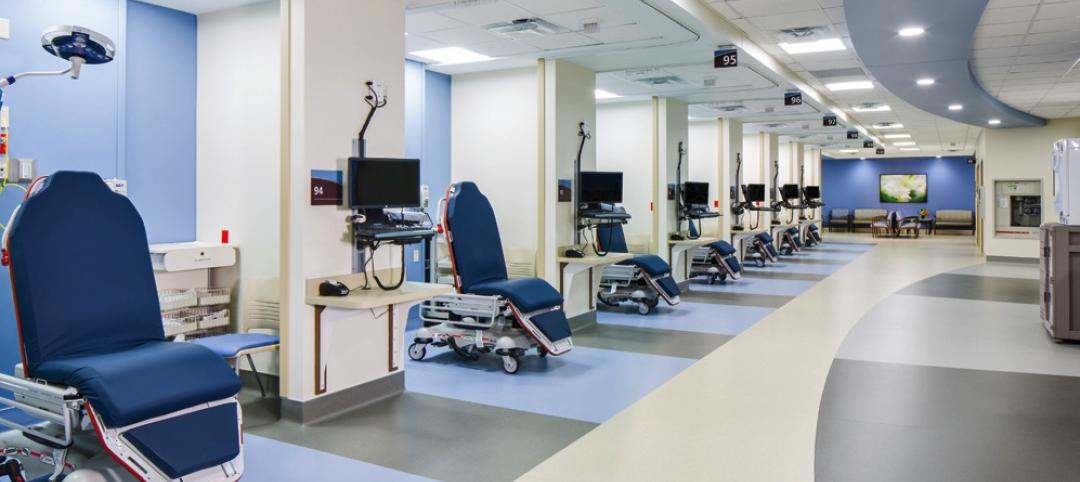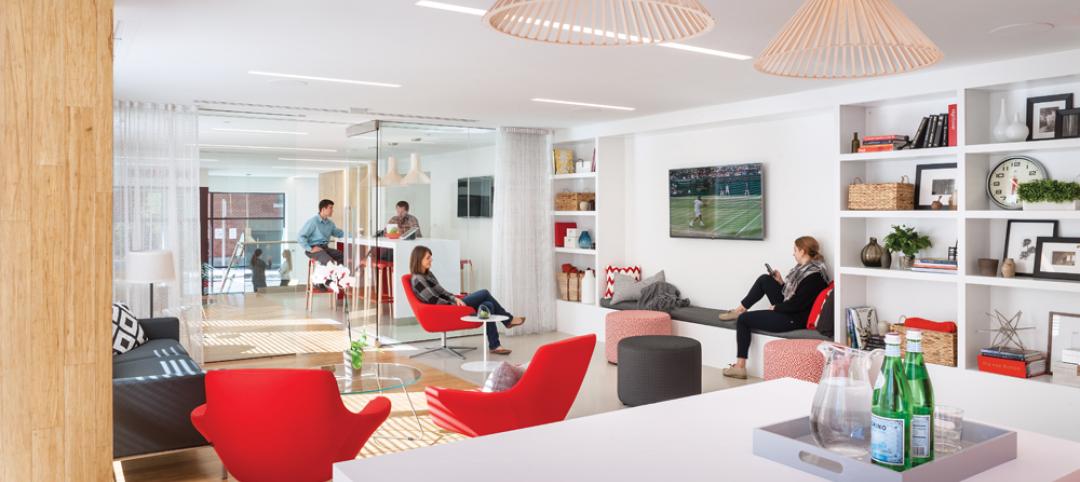There has been increasing levels of demand for design services for nearly all construction project types for the majority of the year as revealed in the Architecture Billings Index (ABI). As an economic indicator of construction activity, the ABI reflects the approximate nine to twelve month lead time between architecture billings and construction spending.
The American Institute of Architects (AIA) reported the October ABI score was 53.1, down slightly from the mark of 53.7 in the previous month. This score still reflects an increase in design services (any score above 50 indicates an increase in billings). The new projects inquiry index was 58.5, down from a reading of 61.0 the previous month.
“Allowing for the possibility of occasional and minor backsliding, we expect healthy business conditions for the design and construction industry to persist moving into next year,” said AIA Chief Economist Kermit Baker, Hon. AIA, PhD. “One area of note is that the multi-family project sector has come around the last two months after trending down for the better part of the year.”
Key October ABI highlights:
- Regional averages: South (56.2), West (54.4), Midwest (52.6), Northeast (49.2)
- Sector index breakdown: commercial / industrial (55.1), mixed practice (54.9), multi-family residential (52.5), institutional (51.4)
- Project inquiries index: 58.5
- Design contracts index: 51.7
The regional and sector categories are calculated as a 3-month moving average, whereas the national index, design contracts and inquiries are monthly numbers.
Related Stories
Sports and Recreational Facilities | Feb 4, 2015
Arup unveils plans for the new A.C. Milan stadium
The venue will include a modern stage for the home matches together with a hotel, sports college, restaurants, children’s playground, green areas, and spaces open to the city and dedicated to public use.
Higher Education | Feb 3, 2015
Integrated Learning Neighborhoods: A solution for linking student housing with the typical student experience
Just as urban housing fits into the city as a whole, student housing can be integrated into the campus network as a series of living/learning neighborhoods, write Gensler's Brian Watson and Mark McMinn.
Office Buildings | Feb 3, 2015
5 trends transforming workplace design
RTKL's workplace design expert Jodi Williams foresees healthier and more technologically enabled offices that allow productive worker interaction, wherever they happen to be.
Architects | Feb 3, 2015
Frank Lloyd Wright’s work nominated for UNESCO World Heritage Status
If selected, Wright’s work will be the first examples of U.S. modern architecture on the list.
Contractors | Feb 3, 2015
Nonresidential construction spending expands in December 2014
Seven of 16 nonresidential construction subsectors posted increases in spending in December on a monthly basis.
Office Buildings | Feb 3, 2015
Bjarke Ingels' BIG proposes canopied, vertical village for Middle East media company
The tensile canopy shades a relaxation plaza from the desert sun.
Fire-Rated Products | Feb 3, 2015
AIA course: Fire and life safety in large buildings
Earn 1.0 AIA/CES learning units by studying this article and successfully completing the online exam.
Multifamily Housing | Feb 2, 2015
D.C. developer sees apartment project as catalyst for modeling neighborhood after N.Y.'s popular High Line district
It’s no accident that the word “Highline” is in this project’s name. The goal is for the building to be a kind of gateway into the larger redevelopment of the surrounding neighborhood to resemble New York’s City’s trendy downtown Meatpacking District, through which runs a portion the High Line elevated park.
Healthcare Facilities | Feb 1, 2015
7 new factors shaping hospital emergency departments
A new generation of highly efficient emergency care facilities is upping the ante on patient care and convenience while helping to reposition hospital systems within their local markets.
Multifamily Housing | Jan 31, 2015
5 intriguing trends to track in the multifamily housing game
Demand for rental apartments and condos hasn’t been this strong in years, and our experts think the multifamily sector still has legs. But you have to know what developers, tenants, and buyers are looking for to have any hope of succeeding in this fast-changing market sector.


